Mental health stigma in community leads to delay in diagnosis, say experts
ASIAN men suffering from mental health issues have said they would like to see more Asian therapists and counsellors so they “can empathise with their problems”.
There is a stigma around mental health among south Asians and this has meant symptoms are not caught in time or are deemed insignificant, leading to a delay in seeking help.
Faheem Rahman, 21, from Luton told Eastern Eye: “The toughest part of mental health is probably the point where you come to decide that you need help.
“Most people think you can just deal with it by yourself. Sometimes you have to say, ‘look, I need help.’ You need someone to talk to and deal with it.
“People assume Asian men are strong, that they’ll deal with it, but our pride gets in the way. Asian people have always had a lot of ‘what are people going to say?’ (As Bengali people say ‘Mansheh kitha khoiba?’) and I’ve always been the one to say, forget what anyone says. People need to start adopting that mindset.”
Rahman only recently realised he needed help when he was driving one day and suddenly broke down in tears.
“I was in a flood of tears, I was hyperventilating,” he said, adding, “I couldn’t breathe properly and had to pull over on the side of the motorway and take a breather. “That pretty much told me; ‘look, you need help, this isn’t normal, this is something a bit more serious. You have issues deep down that are going to affect you from continuing with the rest of your day,” he said.
A week before Christmas, on December 17, 2021, 22-year-old Amandeep Singh from Leeds, committed suicide following a battle with mental health.
Locally known as Deepy, he was reported missing and thousands of people, friends and strangers shared the post to try and locate his whereabouts.
Many also reached out to him, offering him a safe place to talk or even stay for the night. However, the next day police confirmed that a man from Castleford had died after falling from Woodhouse Lane car park in Leeds city centre.
Rahman revealed he had followed Singh on social media for a long time, so when he learned about his death, he realised mental health “isn’t a joke anymore.”
“I kind of understood the whole situation because I was going through something anyway. It affected me quite a bit. It made realise it isn’t a joke anymore,” Rahman said.
He stressed that accessible help needs to be culturally appropriate for Asian men. “It will help if you can speak to one of your own, because that person can probably relate with you a little bit more about situations.
It would make access for a lot of people in our community easier,” he said. Rahman is currently seeing a therapist and strongly recommends anyone who is going through mental health issues to do the same.
Researcher at the University of Leicester and psychotherapist, Dr Suman Prinjha from Bedfordshire, told Eastern Eye: “In south Asian communities, there can be silence or hushed voices around the topic of mental health.
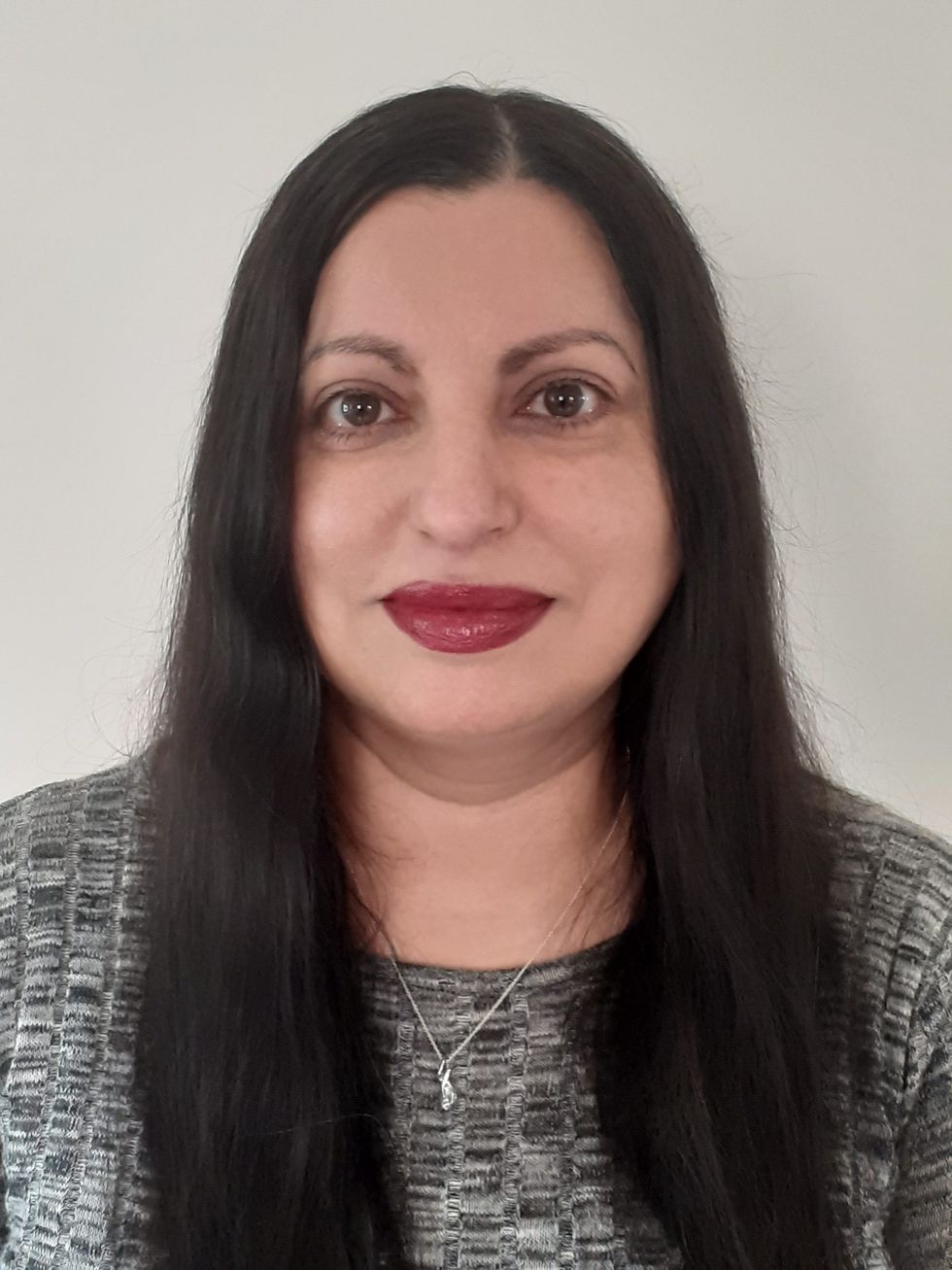
There can be embarrassment, shame, and fears about what other people will think. Stigma is a barrier, but it’s one barrier among many other barriers for men.
Norms around masculinity also shape how south Asian men respond to seeking help. “In a society, and within south Asian cultures where boys are conditioned to believe “boys don’t cry”, or men are told to “man up”, it can be very difficult to talk about having problems or about their emotions.
“When Asian men do seek support, they might encounter other barriers too. Mental health services need to be accessible to everyone and to be culturally sensitive.”
Actor and content creator, Wasim Nawaz, 26 from London, described his mental health journey as “lonely, scary and unknown”. He was diagnosed with social anxiety disorder at the age of 19 while studying at university.
He told Eastern Eye: “It came from a fear of not actually being able to fit in. Have I said the right thing? Have I upset anyone, have I annoyed anyone?

“I’m proud to be a man, but I’m not proud of the expectations of a man by other people, especially within the Asian community. It’s too much for a person, for a human being, it’s an overload. Once you overload something, what happens?
It crushes, it burns out, it needs repair, it needs to fix itself and that’s what is continuing to happen.
“That’s why you see a lot of aggression in the Asian community; you see people who end up having a drink or drug problem, because there’s an overload.
“We, as men, need to take a step back.” He added: “The problem is that society isn’t there to help us, the Asian society already has a view. People say, ‘don’t care about what society thinks. Don’t worry about what they have to say.’ But you do. For example, me with anxiety, I’m always worrying about what other people think of me and it’s sad. It’s the truth, but it’s sad.”
In Nawaz’s view, educating the next generation – who he thinks are more open minded and regard this as a big issue – can help tackle the stigma around mental health in the Asian community.
Nawaz has been in a better state of mind recently, overcoming his issues, and has not had to see a therapist.
Suicide is the single biggest killer for men under 45 in the UK. In 2018, 84 sculptures of men were erected on top of London Television Centre, with each figure representing one of the men, each week on average, who ends their life.
Human Appeal’s UK Programmes Manager, Abid Shah, noted reoccurring trends when people seek help through the charity. Shah told Eastern Eye: “When commencing therapy we uncover deeper rooted issues, related to trauma, most often in childhood. Compensatory behaviours (food, drugs, alcohol, driving recklessly) have been put in place as solutions to problems from their earlier years – but hidden by shame, secrecy and social taboos. Facing the past is extremely challenging, some clients find it overwhelming.
“For many, to ‘speak’ to their loved ones remains taboo for fear of being misunderstood or misdiagnosed. In some families, and/or among friends, discussing such issues is contrary to the accepted norm and may transgress boundaries of sharam (shame), izzat (respect) and haya (modesty). They are made to feel weak for seeking help. For survivors of childhood trauma, most abuse is perpetrated in isolation and secrecy and the abuse may be accompanied with threats of violence should they disclose.”
Dr Prinjha has been a therapist for many years, and although the majority of her clients are women, she has also noticed more men seeking help.
She told Eastern Eye: “There are many reasons south Asian men and women seek counselling. These can include cultural pressures and expectations, whether that’s around intimate relationships, work, academic achievements, family relationships, and communication.
“There can be differing expectations between the generations too. Some clients want to talk about the challenges around their expectations or their parents’ expectations, or around navigating different cultures.”
Arun Paul, 32, from Wolverhampton, said his mental health issues stemmed from when he was bullied in secondary school. Paul told Eastern Eye: “I was just trying to fit in. It was very much a case of not being like the other kids, because I’ve always been somewhat different, in my own particular way, the way I act, feel, think.
“I wasn’t taking much notice of the fact that this was actually what was going on. I was ignorant to the whole ‘this is what’s going to happen to me in the future’”.
Later, when he started university, Paul began to drink a lot because “I wasn’t always myself at that point. I was trying to find validation and tried to fit in”.
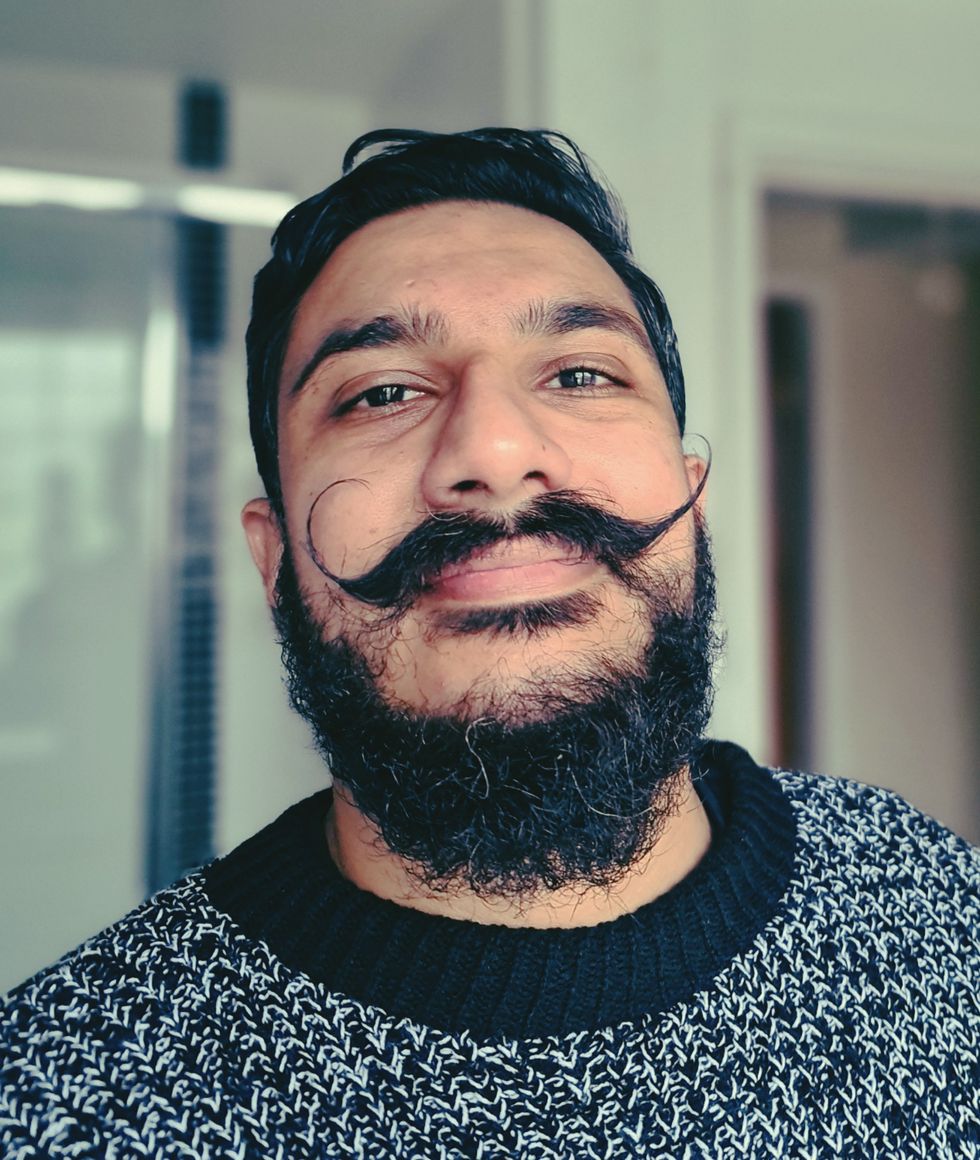
Paul sought help through a free of charge service called Healthy Minds where he could speak and share his problems in a safeguarded space. However, similar to Rahman, he said the service was not culturally appropriate.
“Coming from a Punjabi background, I was always given someone who wasn’t from the same background as me. So, I didn’t have someone to understand the extra pressures I was going through. Whatever I was opening up about, it wasn’t relatable to the other person,” hesaid. It made me feel that I definitely wasn’t (in that state) by myself, that there are 100 per cent other individuals, males with the same background who are also going through the same thing.”
The poet and filmmaker said he turned to art to express himself. “I sometimes have imposter syndrome. So, I’m questioning myself, ‘am I worthy? Is what I’m doing good enough? Should I be quiet? Should I not speak?’”
Prinjha said some clients also want to talk about racism and microaggressions, and added that counselling is a “safe, non-judgmental, confidential” space for them to do that.
The psychotherapist also said first generation Asians are also being encouraged to see a counsellor, often by their grownup children, so that they can talk about anxiety, depression, isolation, loneliness and many other issues. “I think conversations about mental health are slowly gaining momentum and growing louder. There are more community organisations focusing on mental health,” she added.
A Department for Health and Social Care spokesperson said: “We are committed to reducing disparities in mental healthcare and encourage those who are struggling to reach out – 24 hour help is available. Our £500 million Mental Health Recovery Action Plan has ensured we are offering the right support to help people with a variety of mental health conditions, on top of an extra £2.3 billion through the NHS Long Term plan to significantly expand mental health services.”

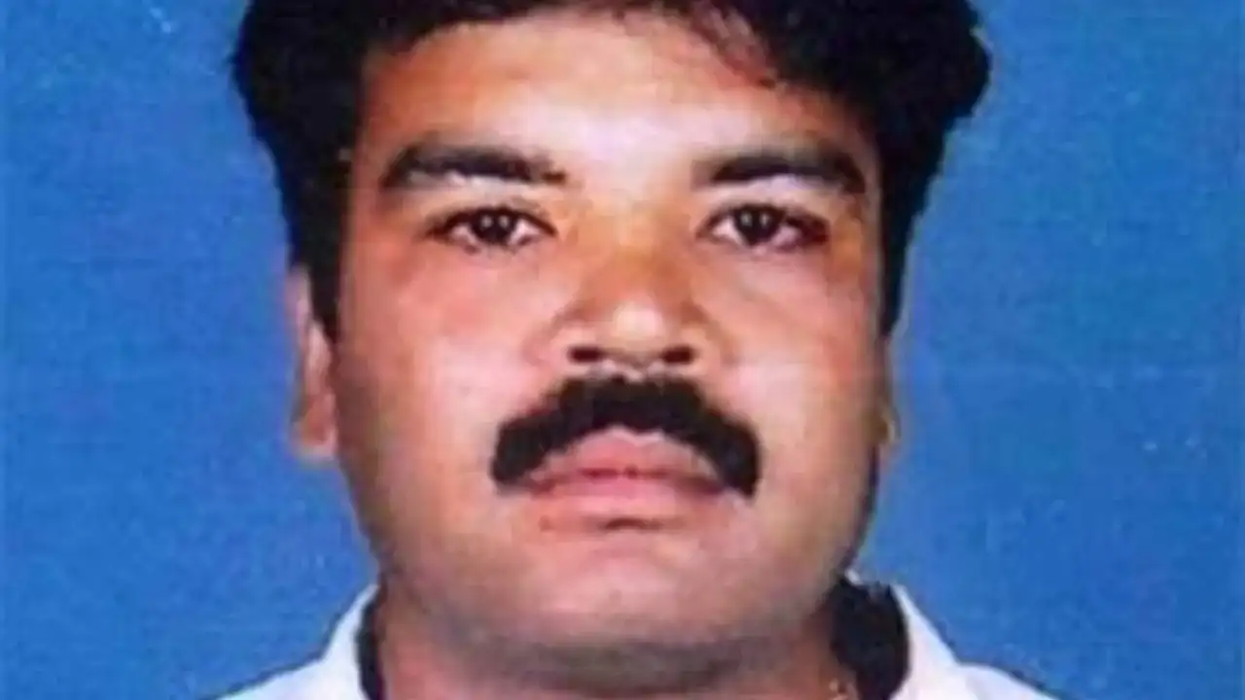
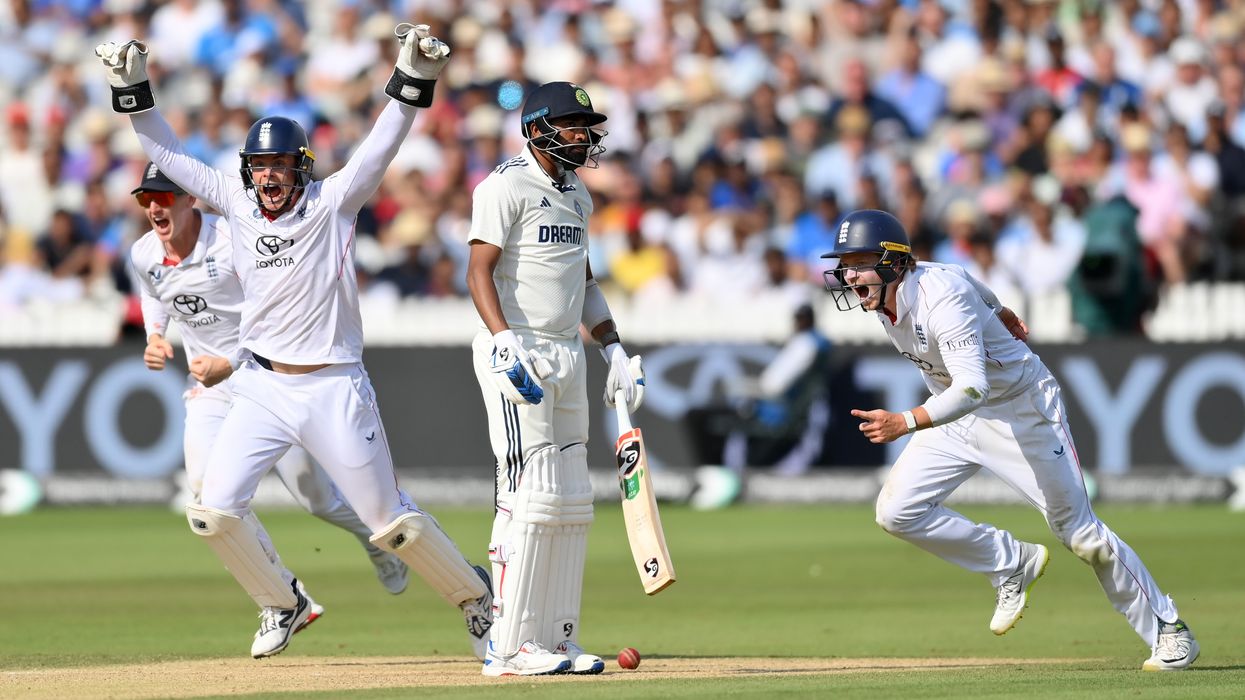














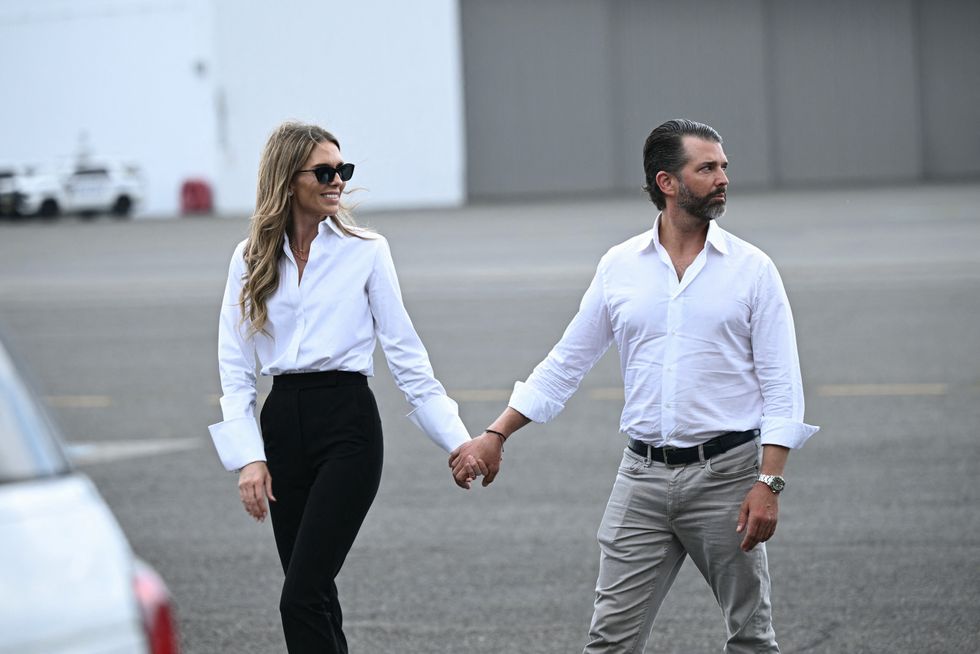 All eyes on Donald Trump Jr and Bettina Anderson as their PDA grabs attention before Trump’s arrivalGetty Images
All eyes on Donald Trump Jr and Bettina Anderson as their PDA grabs attention before Trump’s arrivalGetty Images  Donald Trump Jr and girlfriend Bettina Anderson steal the spotlight with PDA at New Jersey airportGetty Images
Donald Trump Jr and girlfriend Bettina Anderson steal the spotlight with PDA at New Jersey airportGetty Images  Donald Trump Jr. and Bettina Anderson depart the White House to attend the Military ParadeGetty Images
Donald Trump Jr. and Bettina Anderson depart the White House to attend the Military ParadeGetty Images  Bettina Anderson and Donald Trump Jr spotted in a candid moment Getty Images
Bettina Anderson and Donald Trump Jr spotted in a candid moment Getty Images 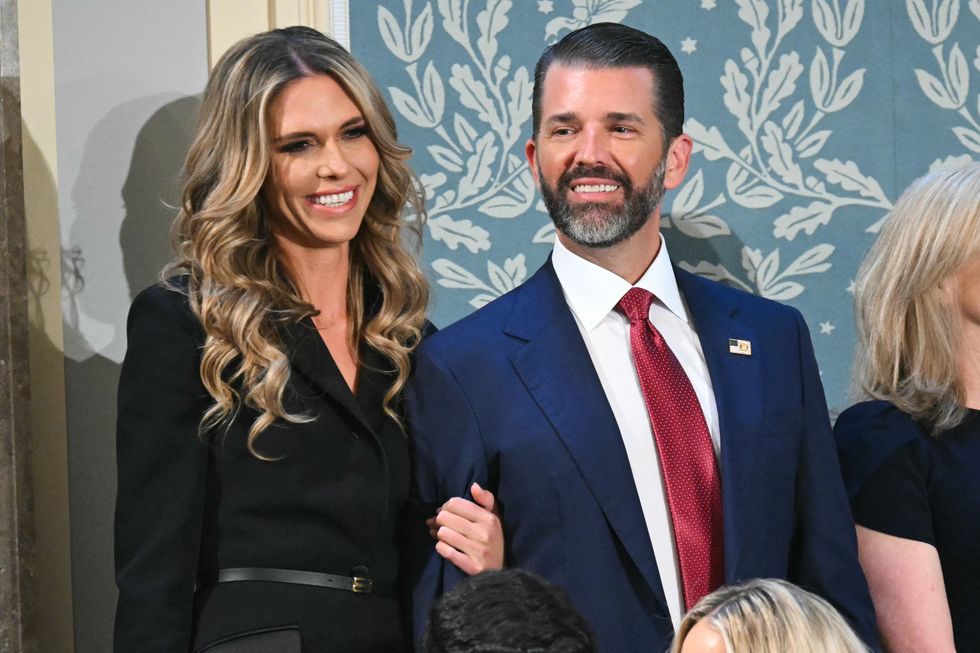 Donald Trump Jr. with Bettina Anderson ahead of US President Donald Trump's addressGetty Images
Donald Trump Jr. with Bettina Anderson ahead of US President Donald Trump's addressGetty Images 
